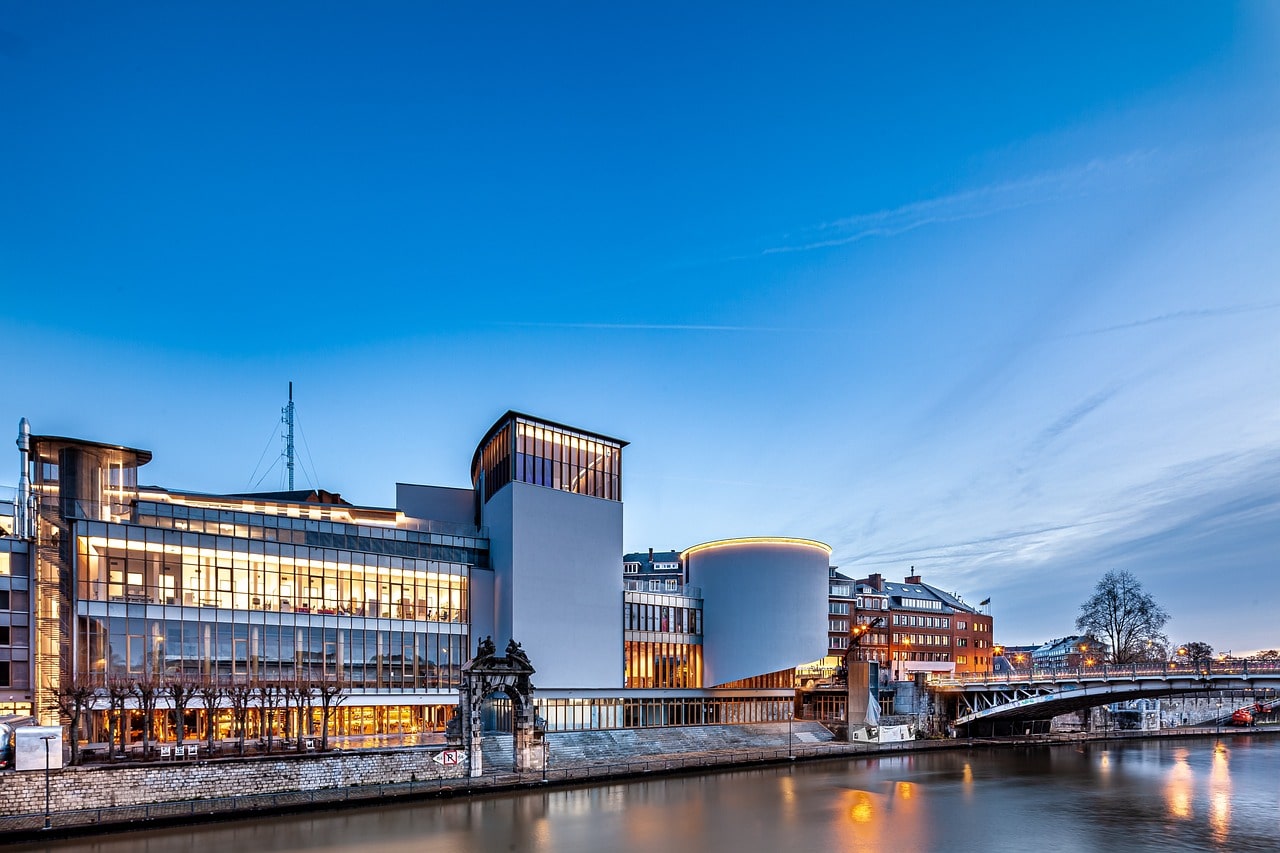Digital Nomad Hubs: Cities Competing for Remote Workers
In the past few years, there has been a significant rise in the number of people choosing to work remotely as digital nomads. With advancements in technology and a shift towards a more flexible work culture, more and more individuals are opting for a location-independent lifestyle. As a result, cities around the world have started to compete for these remote workers, offering attractive incentives and amenities to become the next digital nomad hub. In this article, we will explore the concept of digital nomad hubs, why they are becoming increasingly popular, and which cities are leading the race.
The Rise of Digital Nomad Hubs
Digital nomads are individuals who use technology to work remotely from any location, often traveling while they work. They are part of the gig economy, with freelancers, entrepreneurs, and remote employees all falling under this category. These individuals have the freedom to work from their laptops, making it possible for them to choose their own working hours and travel to their preferred destinations. Unlike traditional workers, digital nomads are not tied down to a specific location, making it possible for them to live and work anywhere in the world.
In recent years, there has been a significant increase in the number of individuals choosing the digital nomad lifestyle. According to a study by MBO Partners, there are currently 4.8 million independent workers in the US alone, with an estimated 27 million expected by 2020. This growth is driven in part by the advancements in technology, making it easier for people to work remotely. The rise in demand for digital nomad-friendly cities has led to cities around the world competing to become the ultimate digital nomad hub.
What Makes a City a Digital Nomad Hub?
There are certain factors that make a city attractive to digital nomads. These include affordable living costs, a vibrant and diverse culture, a strong community of fellow remote workers, and a good internet connection. Digital nomads also look for cities that are easy to navigate, with reliable public transport and plenty of co-working spaces. With these factors in mind, let’s take a look at some of the cities that are leading the race to become the top digital nomad hubs.
Bangkok, Thailand
Bangkok is a popular city for digital nomads due to its affordable living costs, strong internet connection, and growing startup scene. The city is home to various co-working spaces, making it easy for remote workers to connect with like-minded individuals. The cost of living in Bangkok is significantly lower than in Western countries, making it a budget-friendly option for digital nomads.
Berlin, Germany
Berlin has become a hub for startups and tech companies, making it an ideal location for digital nomads. The city offers an excellent work-life balance, with an array of cafes, parks, and cultural attractions for digital nomads to explore. The cost of living in Berlin is also relatively affordable, especially when compared to other major European cities.
Bali, Indonesia
Bali has long been a popular destination for digital nomads due to its low cost of living, stunning scenery, and laid-back lifestyle. The island has a thriving community of remote workers, with various co-working spaces and networking events for digital nomads. Bali also offers a unique cultural experience, making it an attractive option for those seeking a change of scenery.
Lisbon, Portugal
Lisbon is a historic city with a vibrant and diverse culture, making it an exciting destination for digital nomads. The cost of living is relatively low, and the city has a growing startup scene, making it an ideal location for remote workers. Lisbon also offers excellent weather, stunning architecture, and a thriving art and music scene.
The Benefits of Digital Nomad Hubs
Digital nomad hubs offer a wealth of benefits for both the individuals and the cities themselves. For digital nomads, there is the opportunity to connect with like-minded individuals, learn from different cultures, and explore new places while maintaining a sustainable work-life balance. For cities, these hubs bring in new talent, boost the local economy, and promote a diverse and inclusive community.
Moreover, digital nomad hubs are also helping to bridge the gap between local and international communities. With an influx of remote workers from different backgrounds, there is increased cultural exchange and understanding, which can lead to a more connected and globalized society.
In Conclusion
Digital nomad hubs are not just a passing trend, but a growing movement that is shaping the future of work. With cities around the world offering incentives and amenities to attract remote workers, the competition to become the top digital nomad hub is heating up. Whether you are an established digital nomad or someone considering a location-independent lifestyle, these hubs offer fantastic opportunities for personal growth and global connections.
As the digital nomad community continues to grow, we can expect more cities to join the race and offer even more attractive incentives for remote workers. It is an exciting time for both digital nomads and cities alike, and only time will tell which city will ultimately come out on top.






